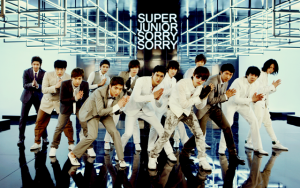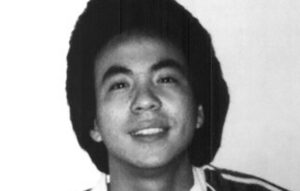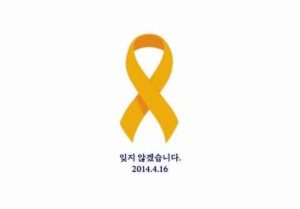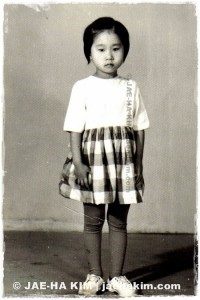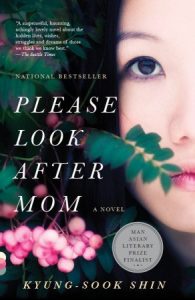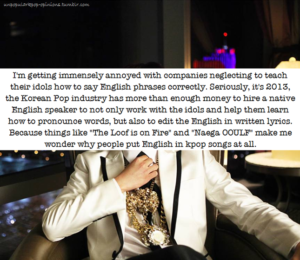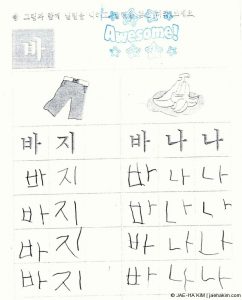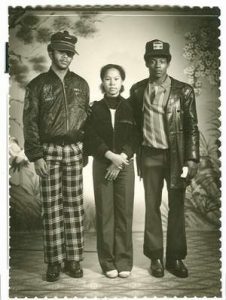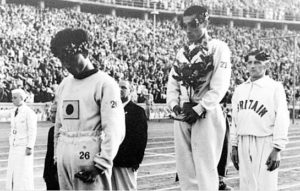“Once Upon a Time in High School” (말죽거리 잔혹사)

Released in 2004, “Once Upon a Time in High School” is set in 1978. During this time-frame, South Korea was ruled under the brutal dictatorship of Park Chung-hee (the father of Korea’s current president Park Geun-hye). The movie depicts a bleak period where students had few rights and teachers could beat them at will. There’s a trickle down factor to that kind of abuse. The boys settle their differences not with words, but with fists, chairs and bats.

